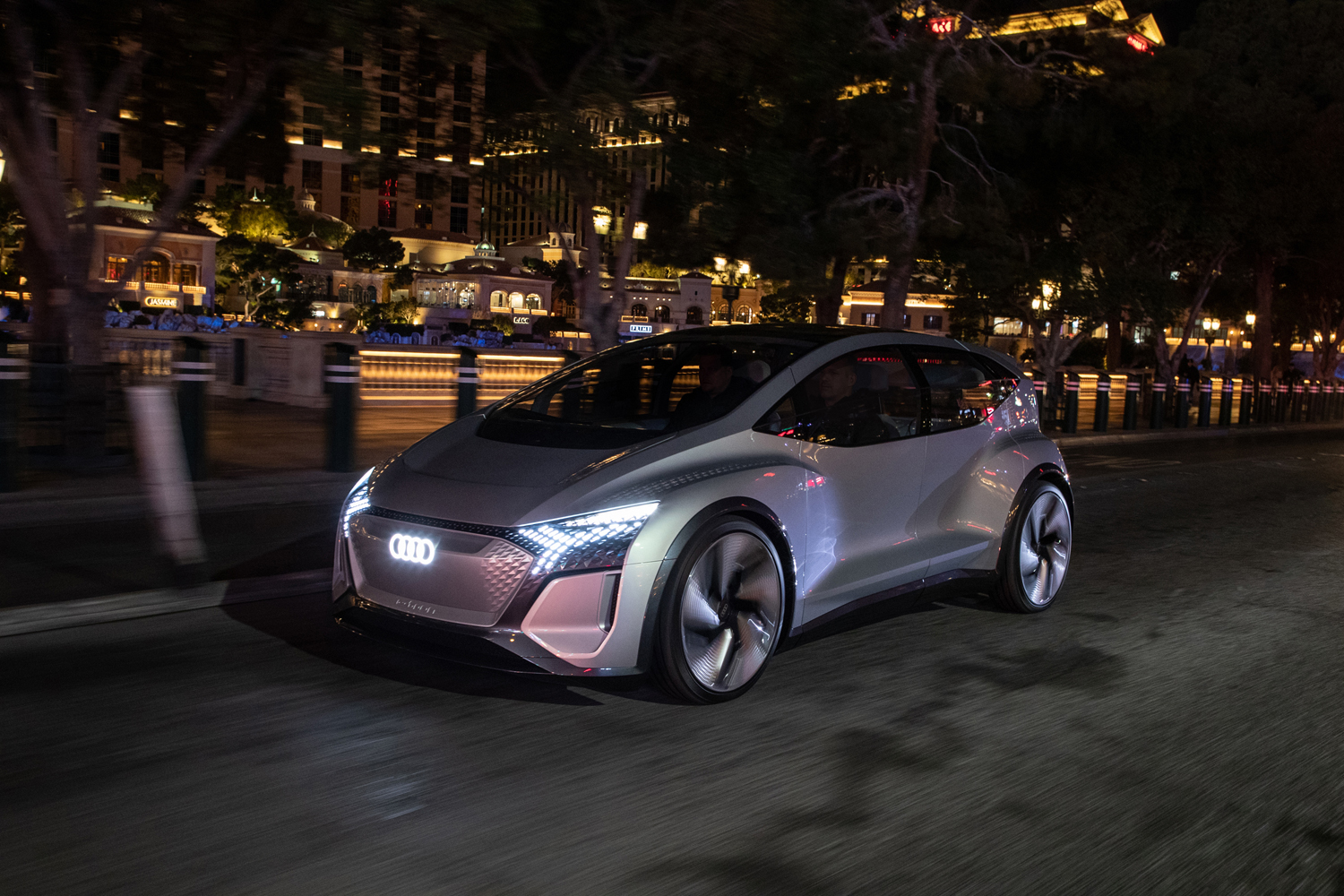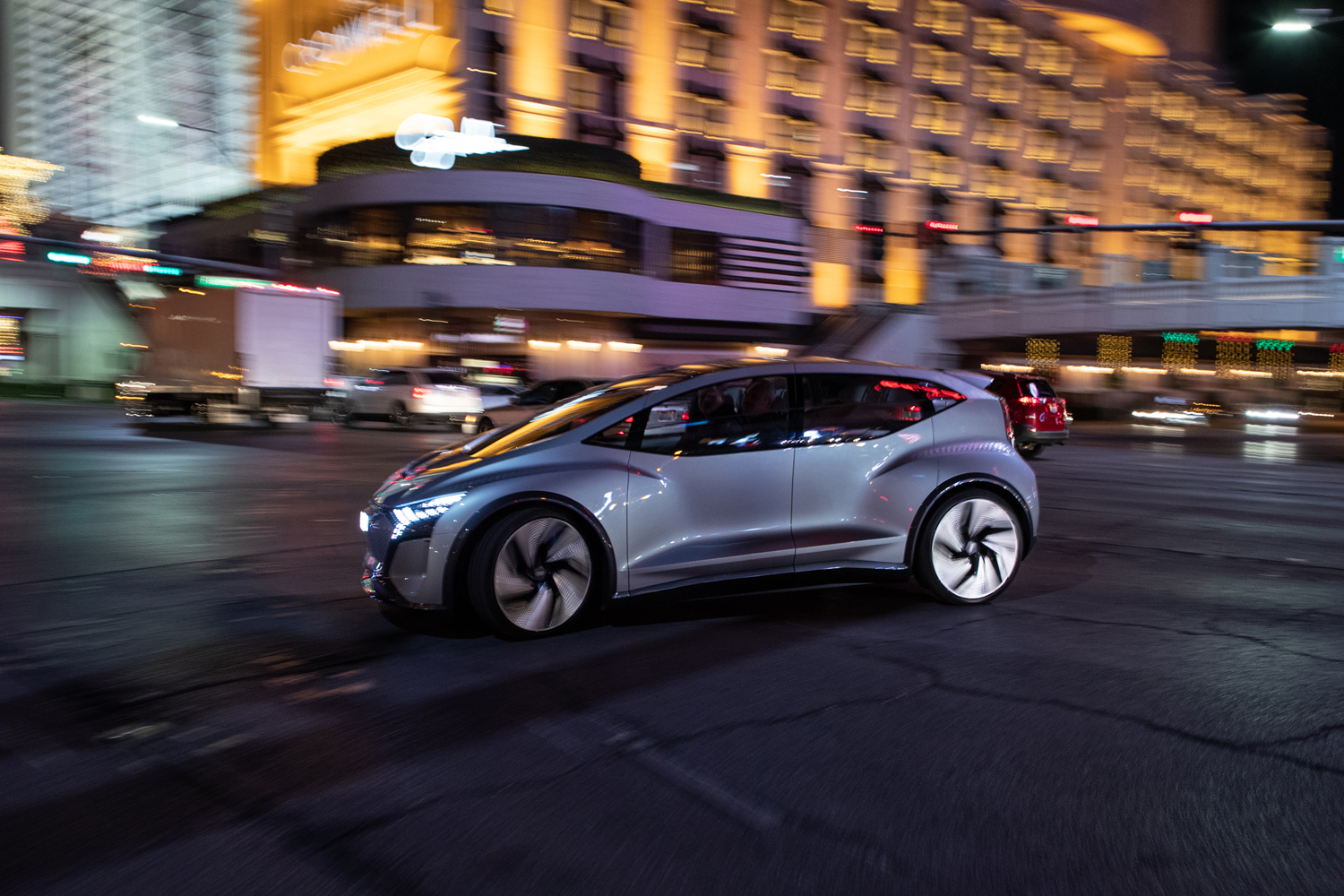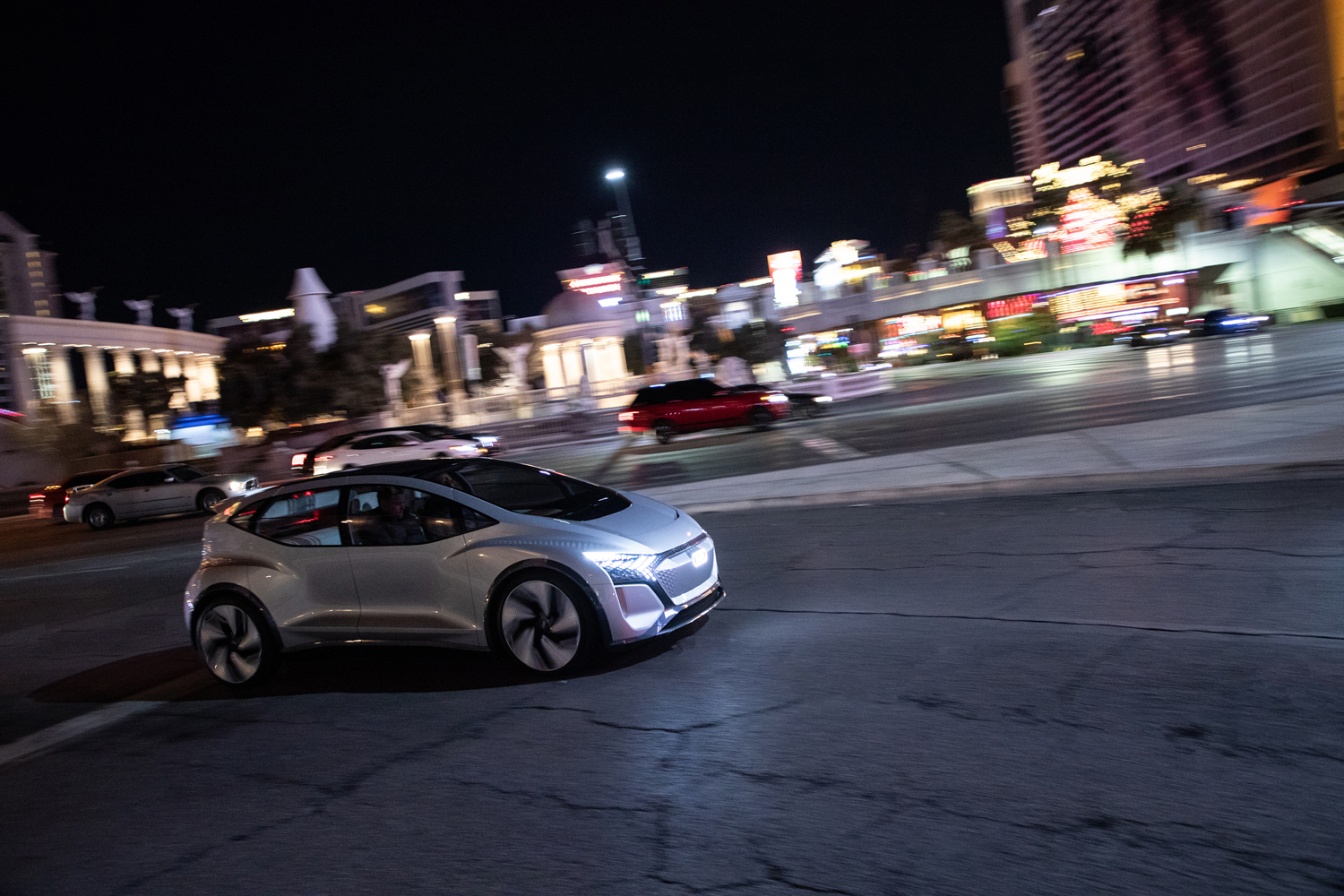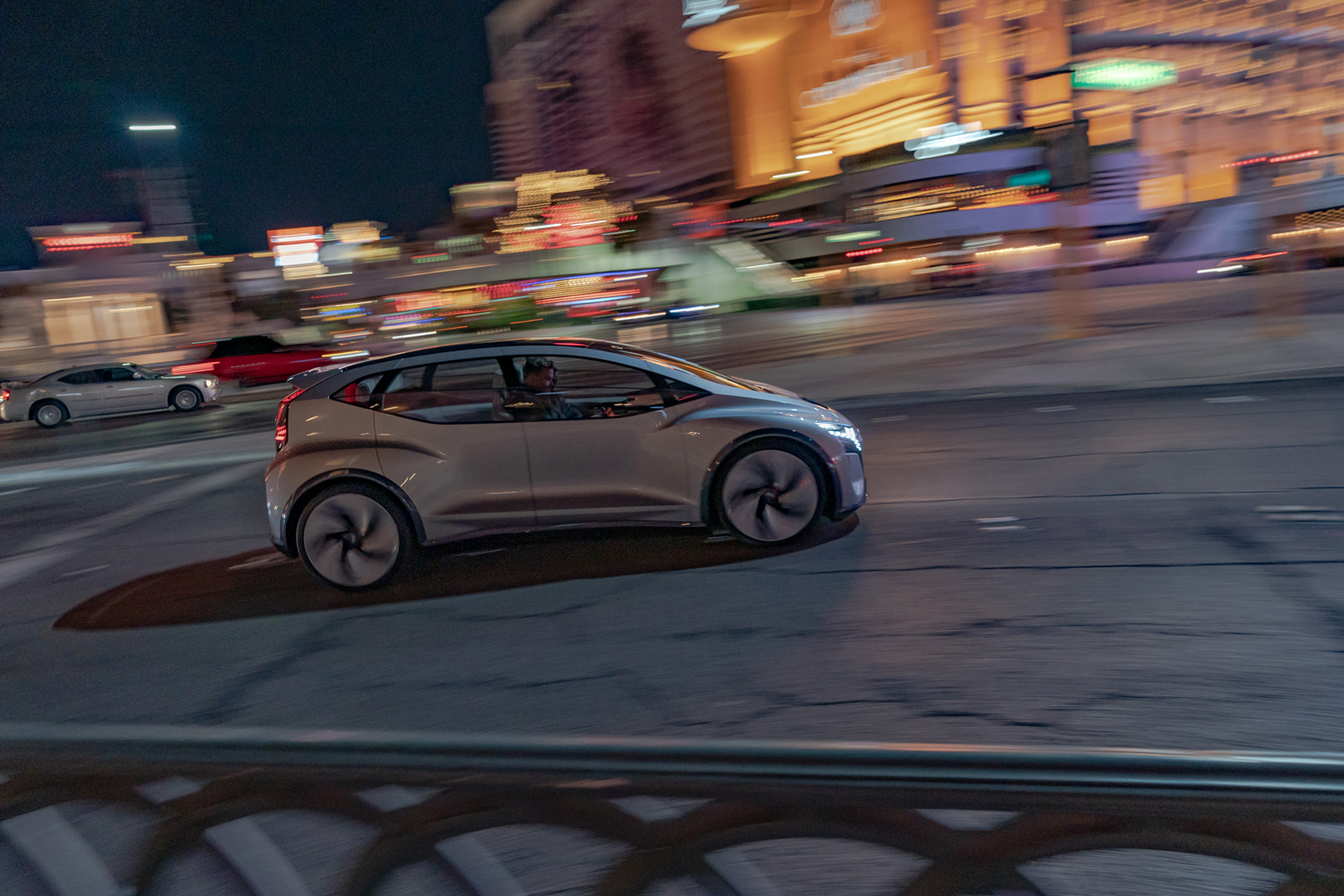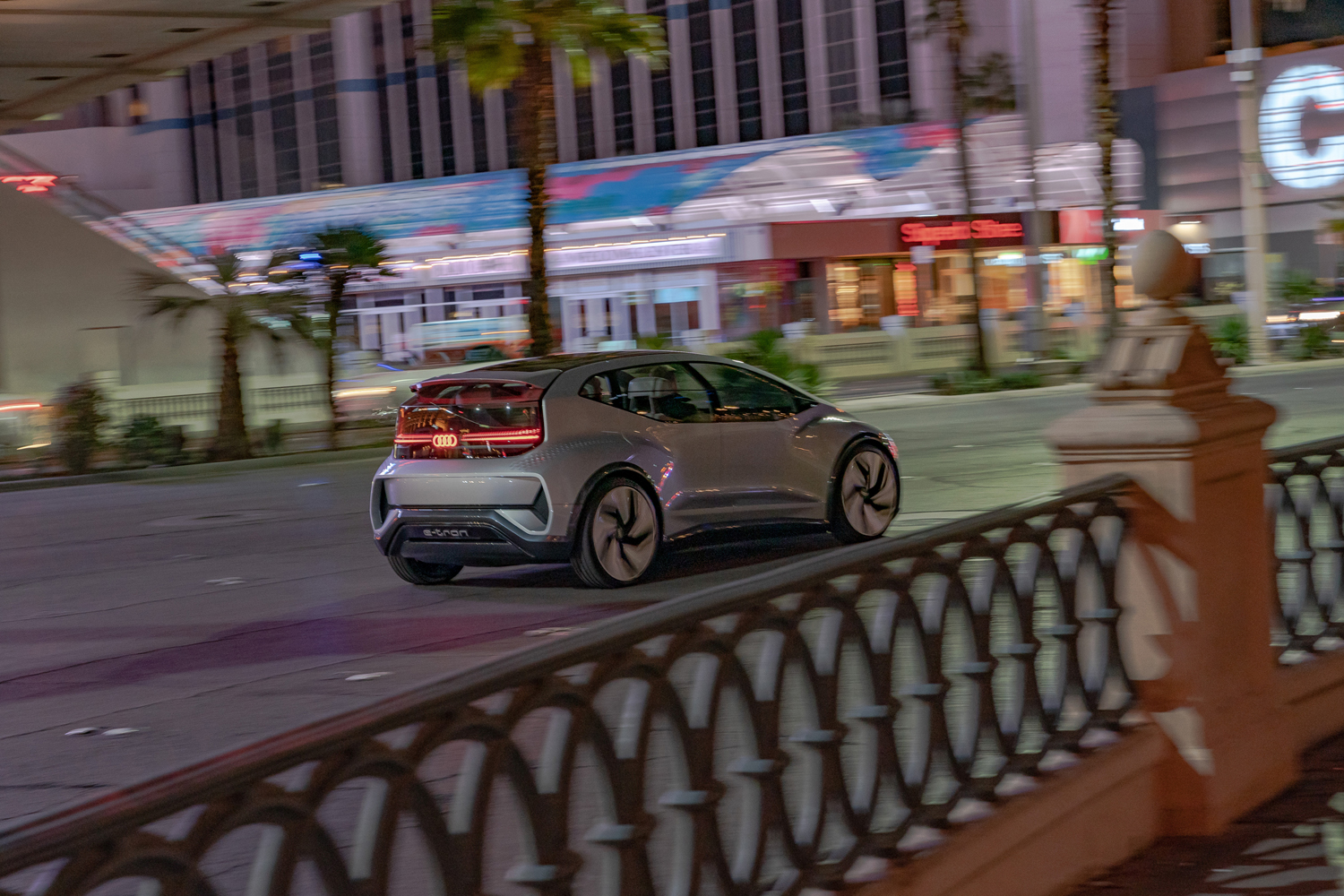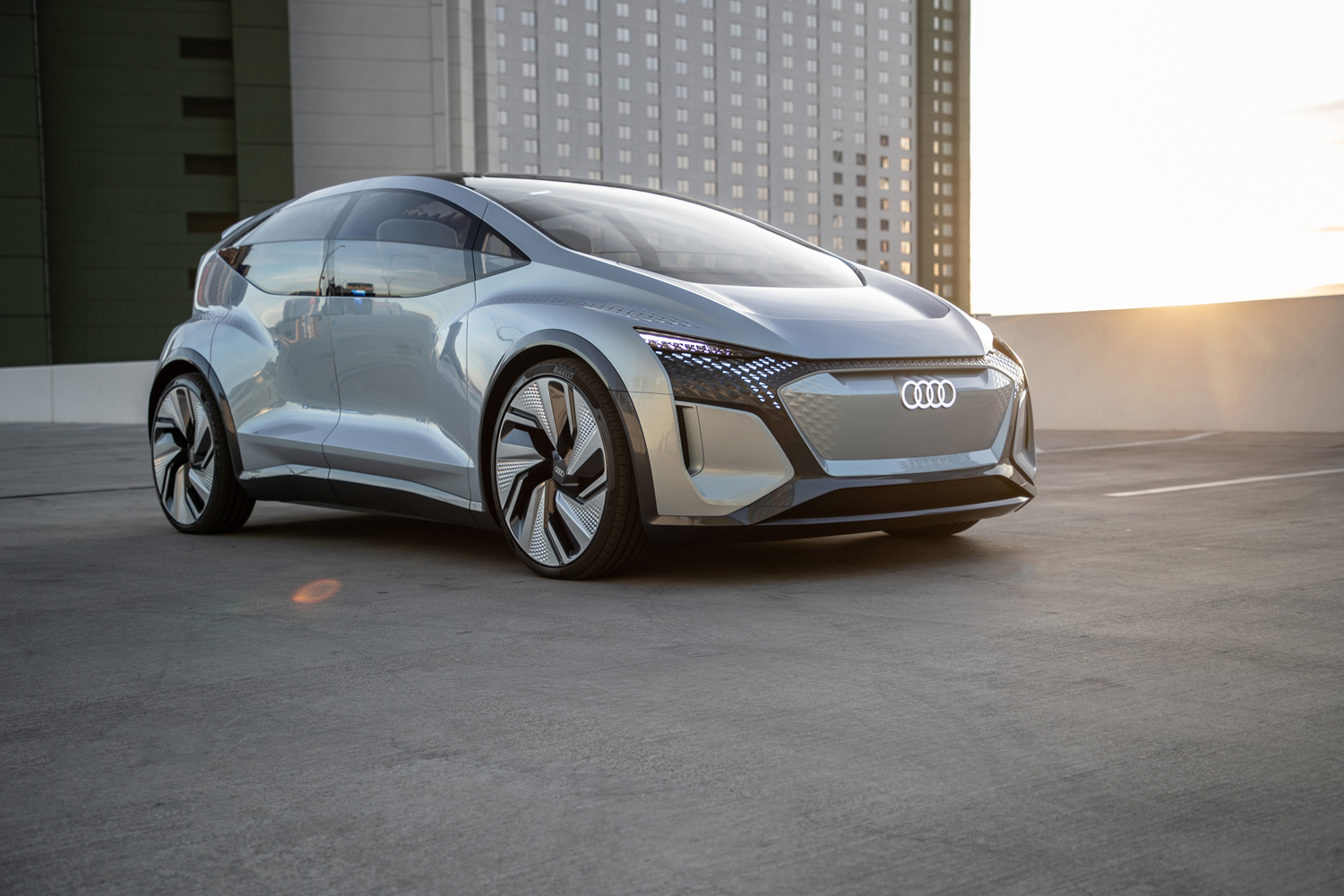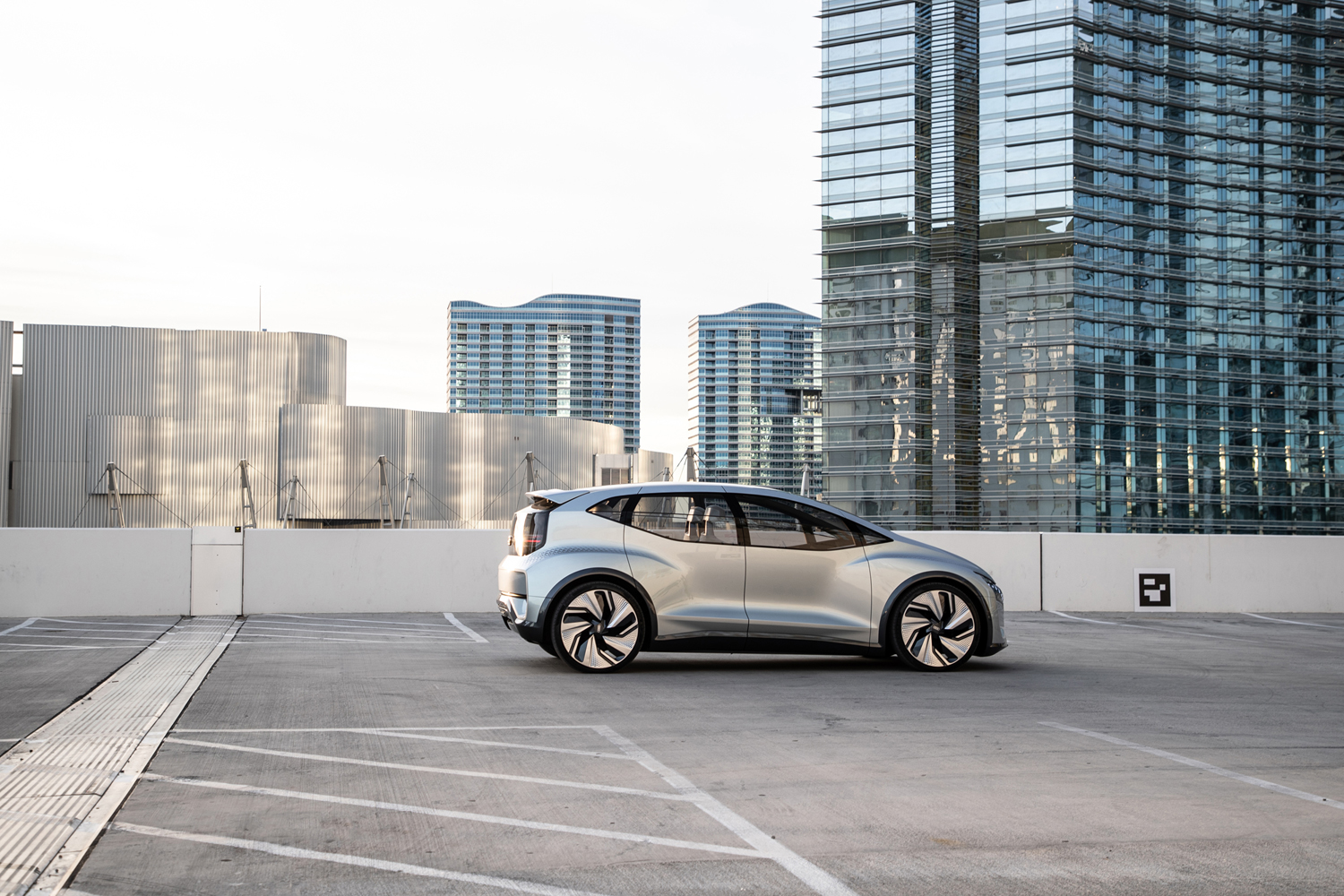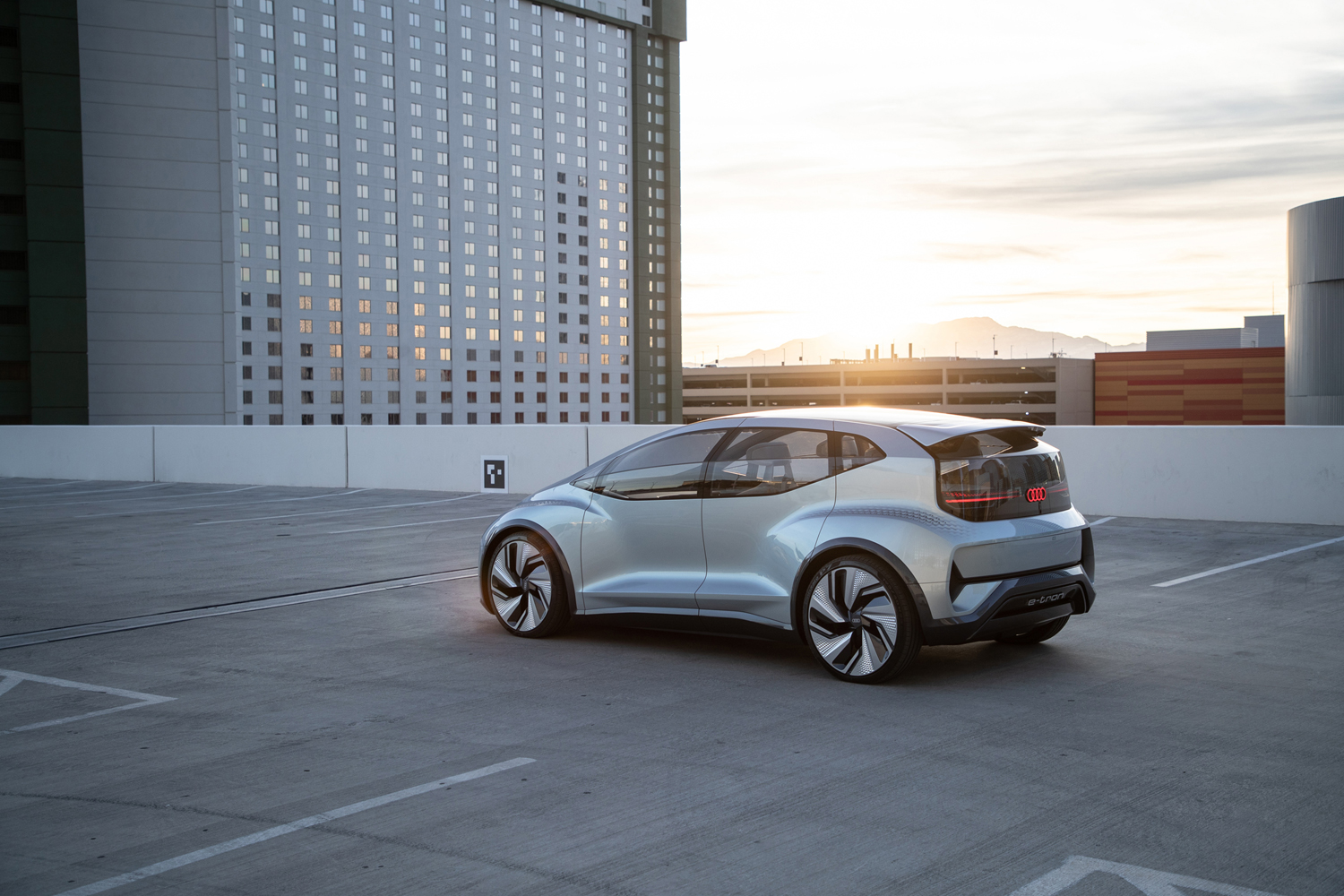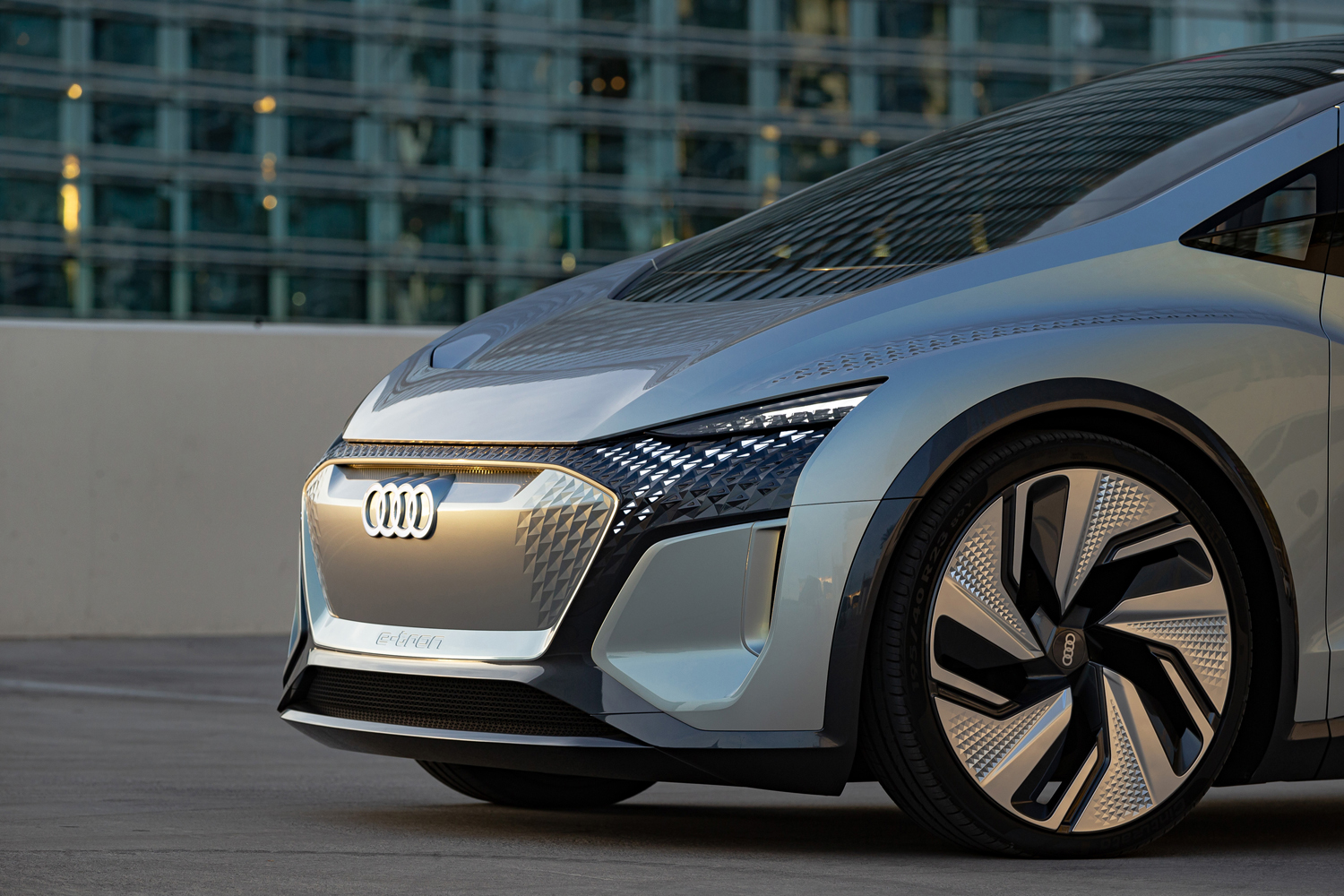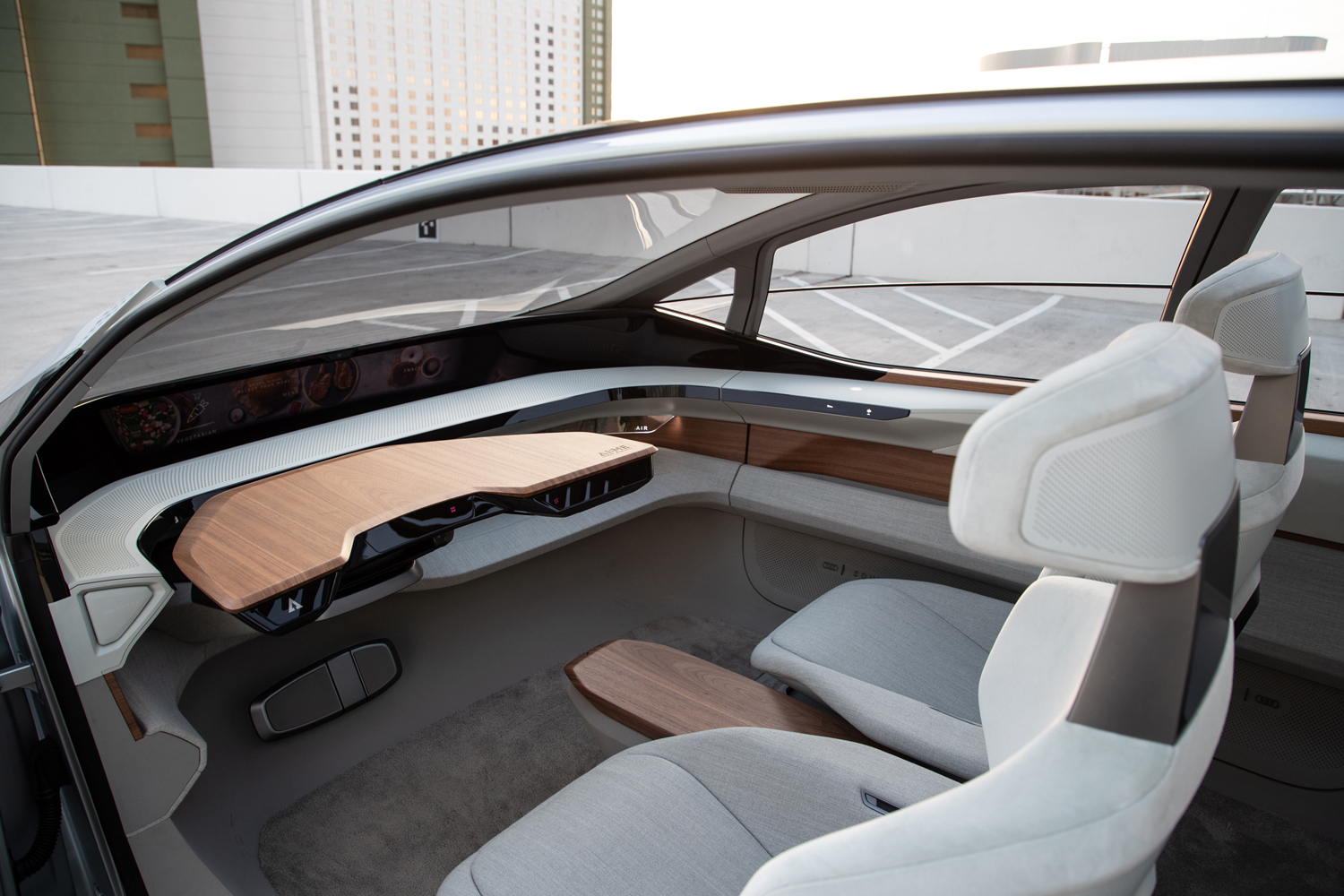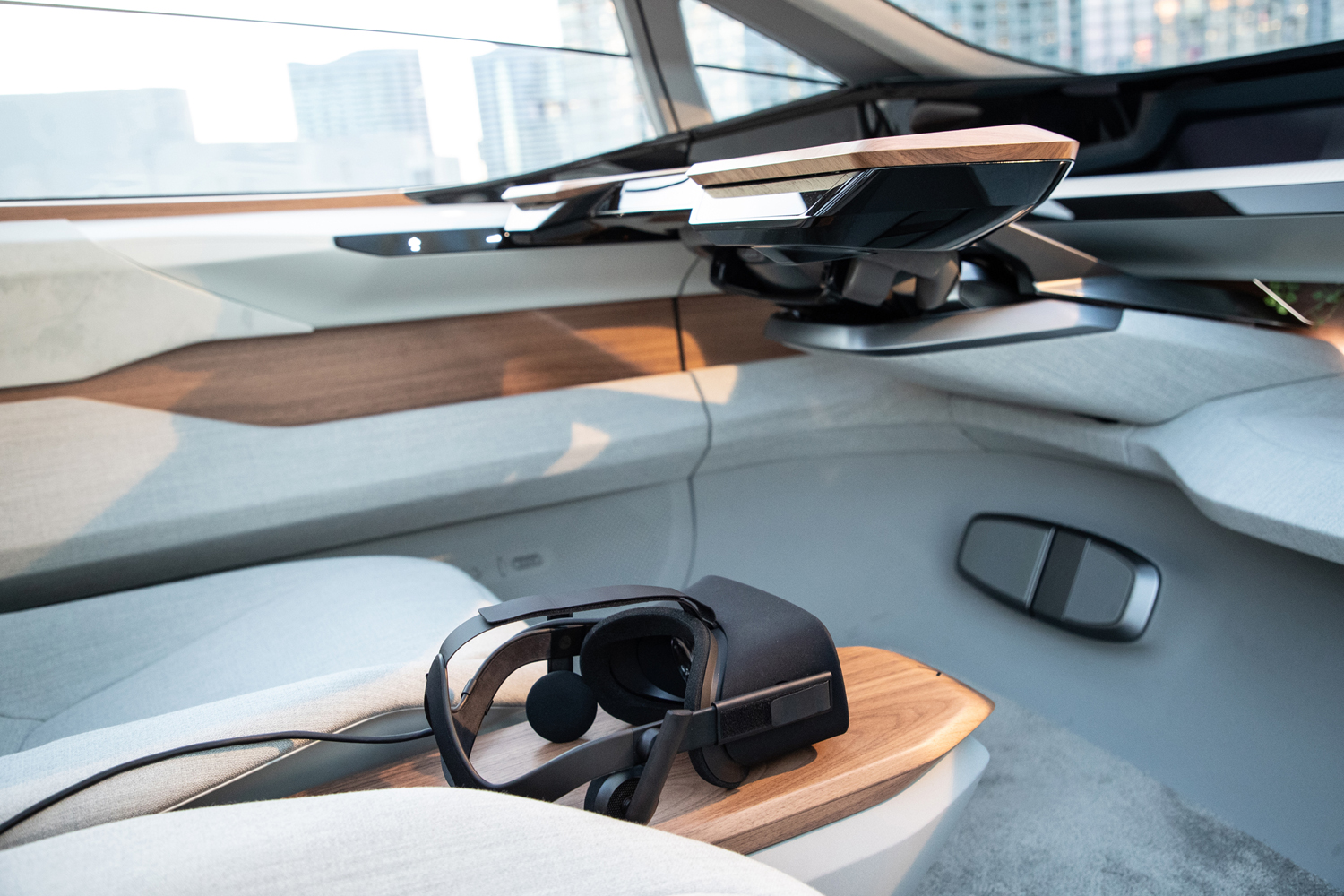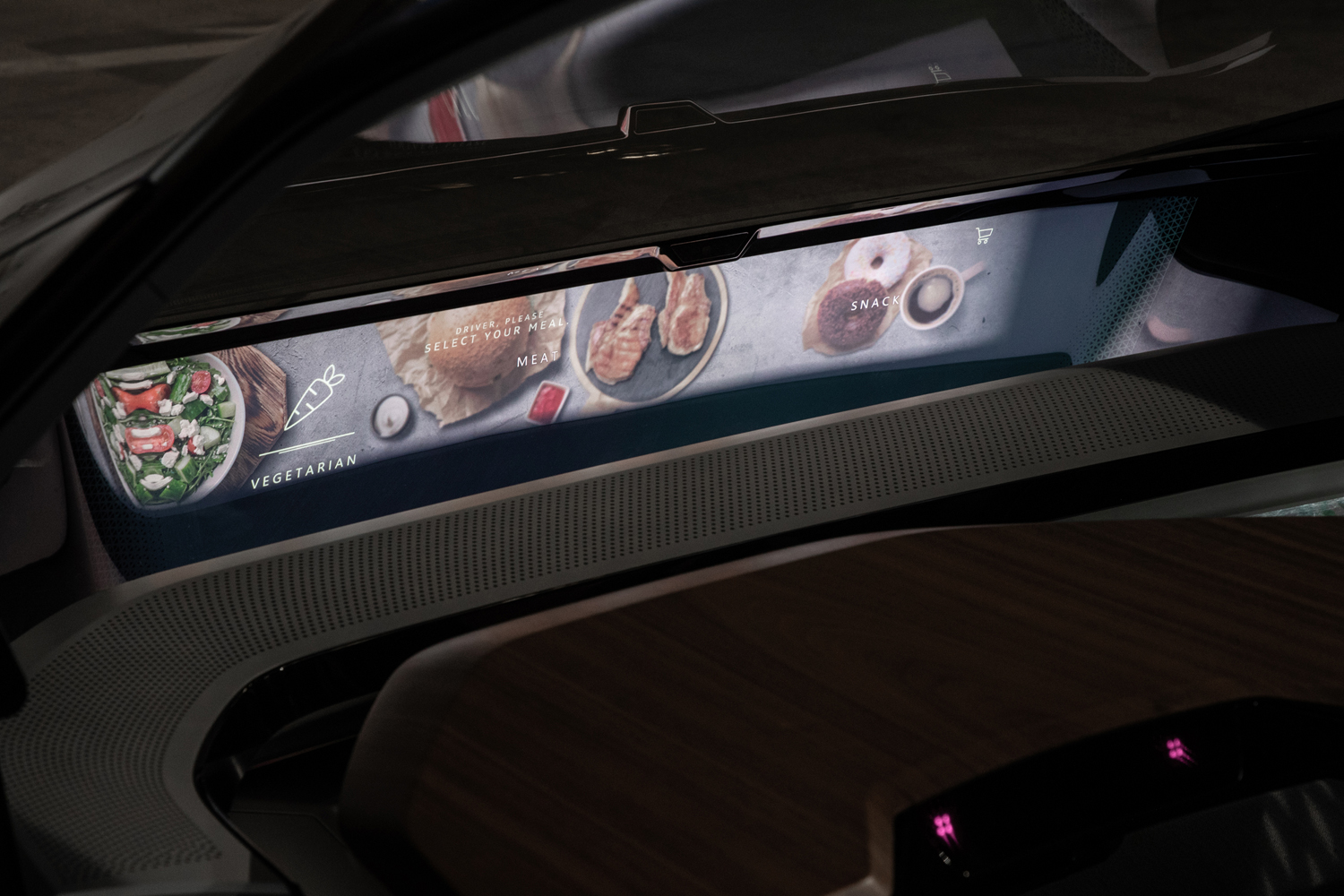Connectivity, autonomy, and electrification were three of the buzzwords thrown around like confetti at a wedding during CES 2020. They mean different things to different companies. For Hildegard Wortmann, Audi’s sales and marketing boss, these trends represent a unique opportunity to transform the car into a third living space.
Her words might sound miserable, like a description of a previously undiscovered circle of hell — most of us don’t want to spend more time behind the wheel than we have to, let alone live there. Don’t brandish your digital pitchfork yet, though. She outlined part of her vision during an interview with Digital Trends, and I think you’ll like it.
“You have your home environment, some of us still have a work environment, and the car can be your third environment. It will be comfortable and cozy. We want to make it a more comfortable space, then we’ll bring in collaboration partners, like for entertainment. That’s the new norm in innovation,” she explained.
Collaboration is crucial
Collaboration is key, because Wortmann has a lot of ideas she wants to implement. Audi notably invested in Holoride, a company aiming to bring virtual reality to the car, and joined forces with Disney to create a video game that turns a run-of-the-mill run to the grocery store into an immersive experience for passengers. During a demo at CES 2019, I shot down alien spaceships while an electric E-Tron lapped a race track at 90 mph. The German firm showed a different, more relaxing side of the technology at CES 2020 by turning a ride in the autonomous AI:Me concept car (pictured below) into a helicopter ride over the Chinese countryside.
VR is one option; bringing streaming services like Netflix and Fire TV into the car is another, though Audi hasn’t announced what it will bring to production, or when. What’s certain is that the firm is very open to partnerships. “We cannot continue looking at the car as a closed ecosystem, and pretending we can do everything ourselves. We can’t. It’s an open platform. This is important to realize,” she stressed.
More customization
The increasing amount of in-car tech allows Audi to design models with a higher degree of digital customization. This approach is new, because, as an Audi spokesperson pointed out, cars have been built to an order sheet for the past 100 years.
If you and your neighbor order an identical A7, they’ll stay that way, unless one gets stripped to hit the track, wrapped, or otherwise modified. Looking ahead, both cars will look the same, but they’ll run different software. You might want Netflix, while your neighbor might prefer to stream movies from Amazon. It’s not too far-fetched to imagine different themes, backgrounds, and fonts for the various screens. Or, you might be able to customize an electric car’s government-mandated low-speed noise, much like you can change the ringtone on your phone.
Audi has also previously talked about letting owners unlock different lighting patterns and signatures with a few taps of the touchscreen. While it will inevitably charge for some of these features, Wortmann told me her aim isn’t to double the company’s annual revenue by turning an RS Q8 into a 600-horsepower movie theater.
“Think about it from the customer’s perspective: Why would you pay again for using your Netflix account in your car? We enable you to use it, so we need to charge an enablement fee? Really? I’m a bit more realistic.” She doesn’t consider internet-connected entertainment the next automotive El Dorado.
We cannot continue looking at the car as a closed ecosystem. It’s an open platform. This is important to realize.
Next level of connectivity
Artificial intelligence will help Audi reach the next level of connectivity, Wortmann opined. “A.I. enables us to make a self-learning car that detects how you’re feeling.” It might know when you’re hungry and suggest nearby restaurants, for example, or, it could turn on the heated seats and the heater if it detects you’re getting cold. Who knows what could happen if it senses that you’re driving home after downing five pints of Guinness. Should it stop the car (which many would call a gross violation of self-determination) in the name of possibly preserving another motorist’s life?
Many questions linger, and Audi still has time to find the answers. It’s too early to tell when these features will reach the market, let alone which models they’ll be available in, but they’re technologies the company’s engineers are busily working on making a reality sooner rather than later. As for the odds of seeing them in an electric city car inspired by the aforementioned AI:Me concept, the best answer I can give you is to stay tuned.
